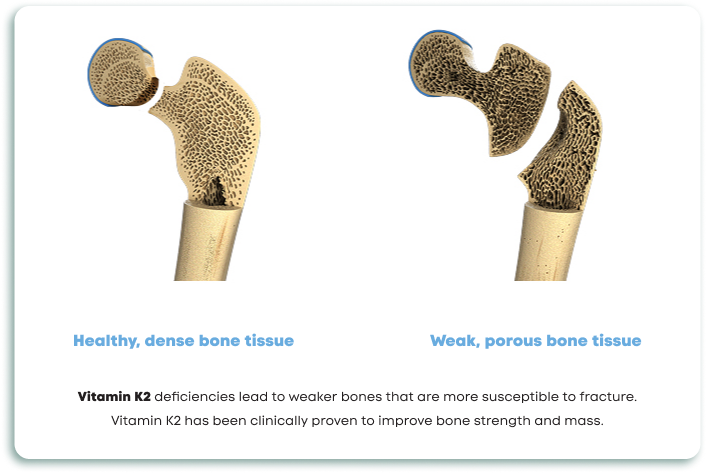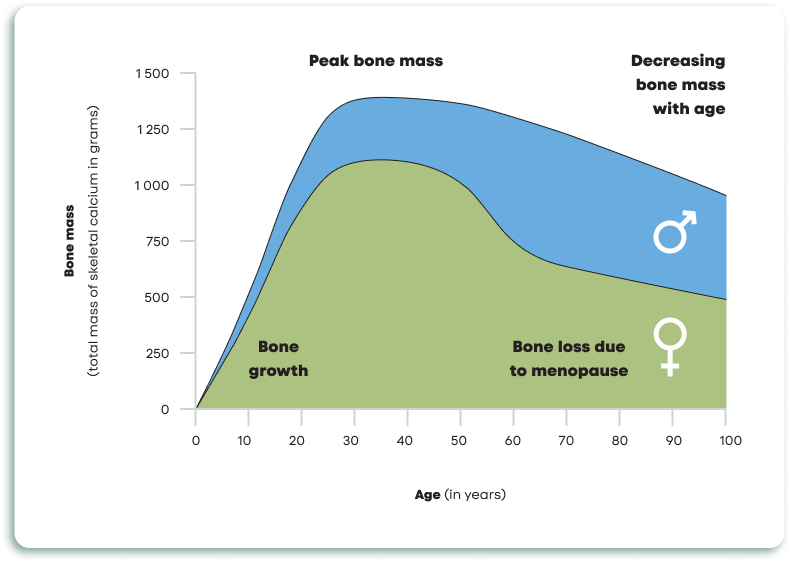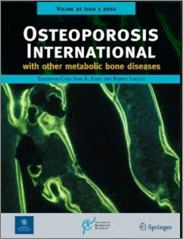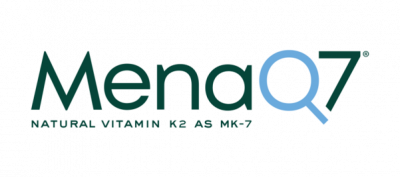Bone Health

Bone loss occurs naturally as we age, but with sufficient Vitamin K2 intakes – particularly starting at an early age – this loss can indeed be slowed.
Poor bone metabolism is a condition characterized by loss of bone mineral density, which leads to bone that is weaker and more susceptible to fractures. According to the World Health Organization (WHO), this condition currently affects some 200 million people globally: one in three men is expected to incur bone fractures in the future because of poor bone metabolism, whereas lifetime risk of fracture for women is nearly one in two.
Bone is a living substance comprised of a hard outer shell and spongy inner tissue matrix. The skeleton “remodels” itself every 8 to 12 years. This is process is regulated by osteoblasts (cells that build up bone) and osteoclasts (cells that break down bone). Osteoblasts produce a protein called Osteocalcin, a vitamin K-dependent protein that binds calcium to the bone matrix and builds healthy bones. But Osteocalcin needs adequate Vitamin K2 to activate it.
As long as the bone-forming activity (absorption) is greater than the bone-breakdown (resorption), the process of maintaining healthy bones is kept under control. However, when this delicate process is not in balance, bones become weak and brittle. This is an unfortunate result of Vitamin K2 deficiency.
The strong association between Vitamin K2 deficiency and impaired bone health was proven in both laboratory and clinical studies. It has been found that vitamin K deficiency results in a decreased level of active Osteocalcin, which in turn increases the risk for fragile bones. Research also showed that Vitamin K2 – but not K1 – combined with calcium and vitamin D can decrease bone turnover. Further, a significant study clearly demonstrated that Vitamin K2 is essential for maintaining bone strength in postmenopausal women, and also improved bone mineral content and femoral neck width.

K2 for Bone Health
Bone mass or density is lost as people age, especially in women after menopause. The bones lose calcium and other minerals.

MenaQ7®’s Proven Bone Benefits
In 2013, Osteoporosis International published a groundbreaking double-blind, randomized, clinical trial that demonstrated for the first time clinically statistically significant protection of the vertebrae and the hip (femoral neck) against bone loss. This was attained with a nutritional dose of Vitamin K2 as MK-7 (MenaQ7®) taken daily for three years.
In this study of 244 healthy post-menopausal women, the MenaQ7® group took 180 mcg daily and showed significantly decreased circulating uncarboxylated osteocalcin (ucOC), a well-established biomarker for bone and vitamin K status. After 3 years, both bone mineral content and bone mineral density, as well as bone strength were statistically significantly better for the MK-7 group compared to the placebo group.

MenaQ7® is featured in quality products around the globe.

